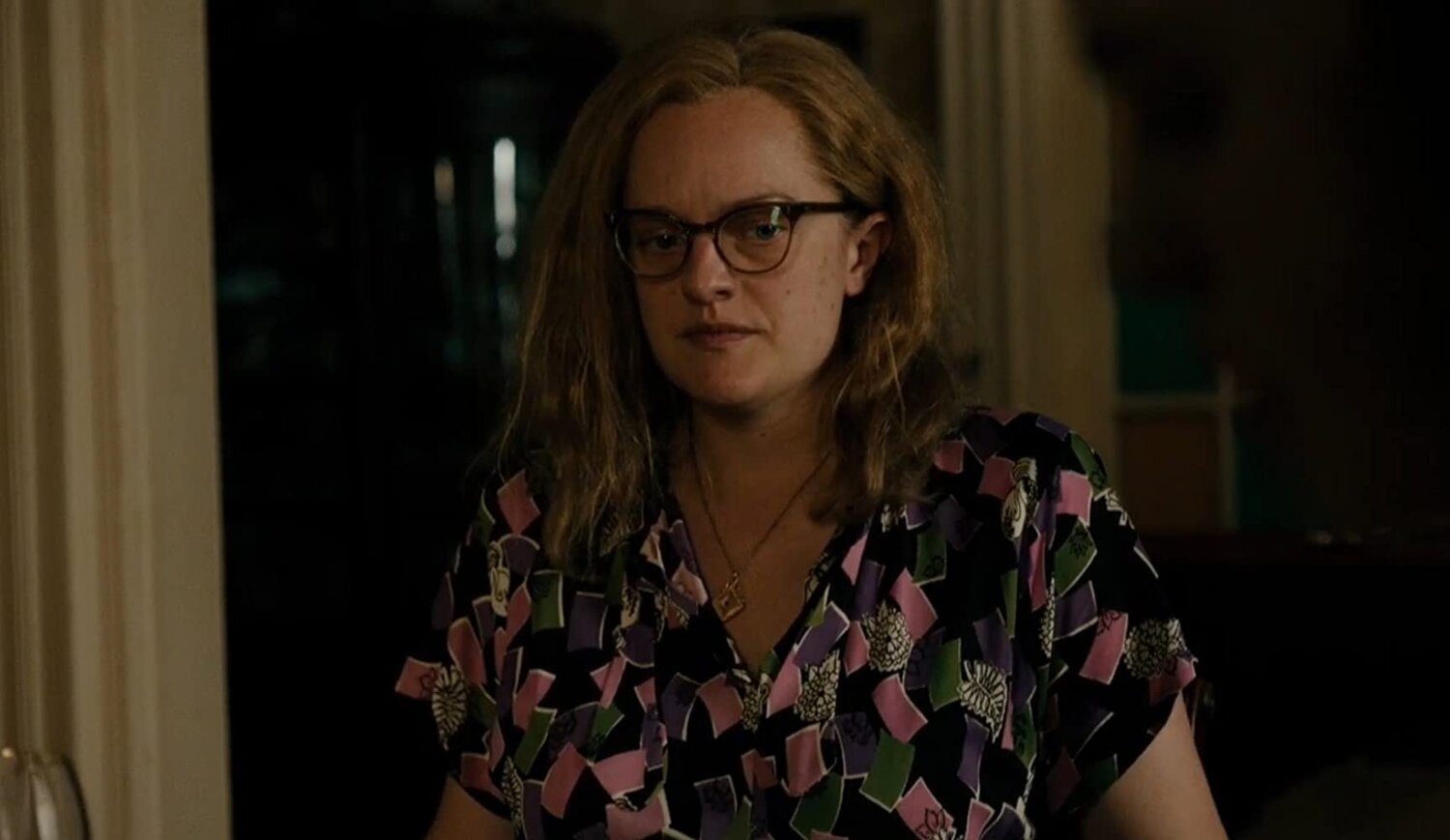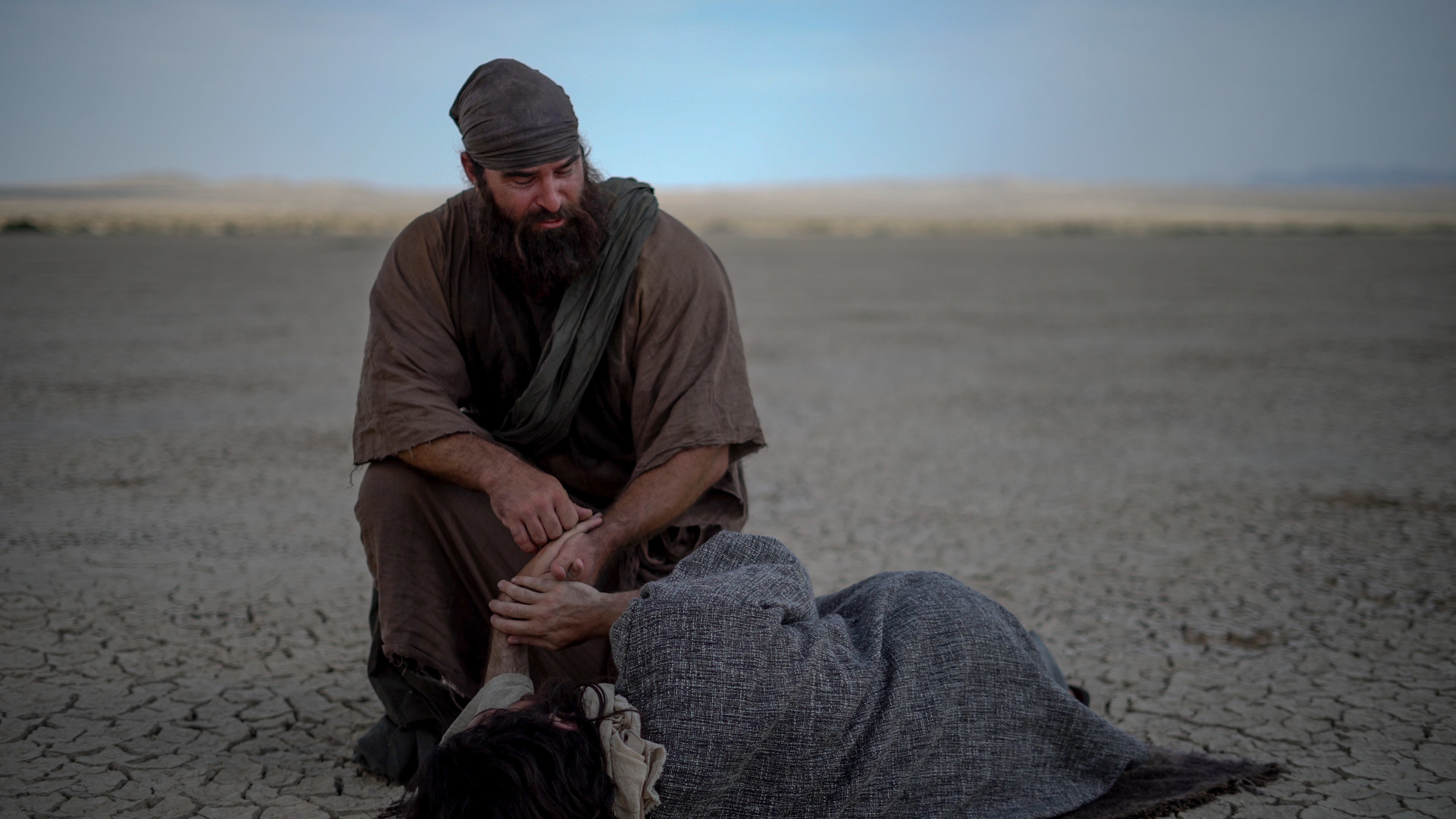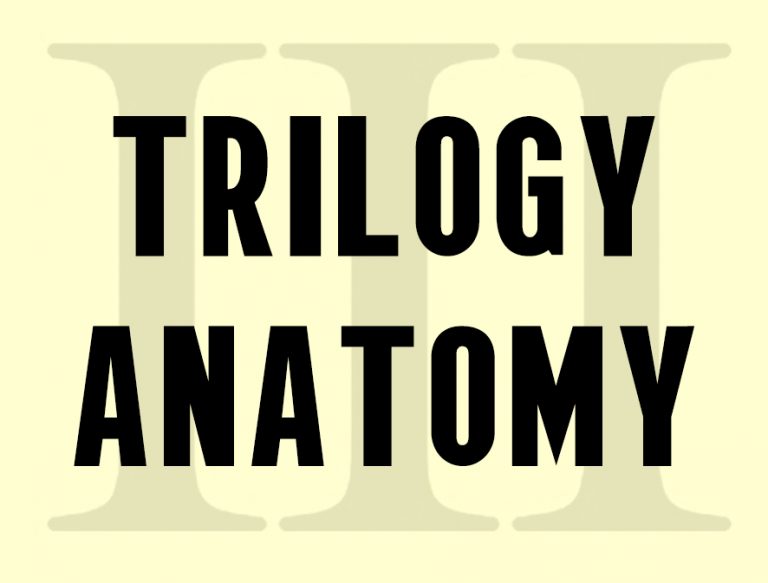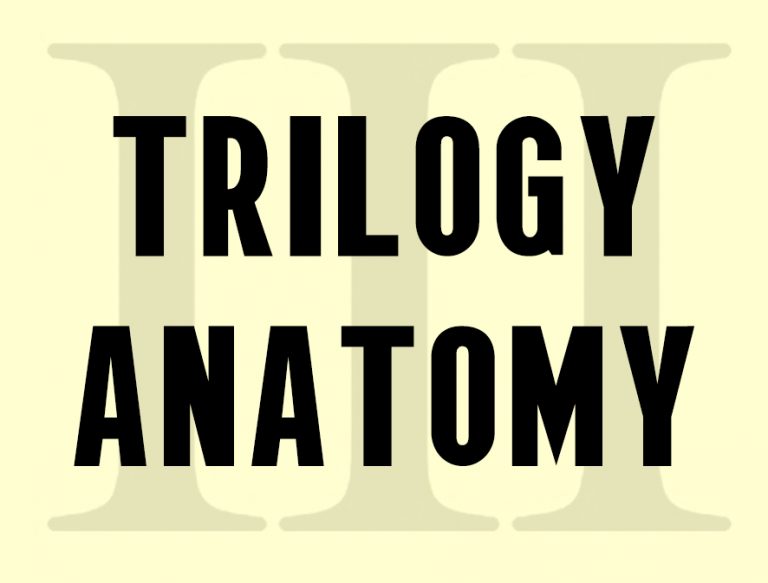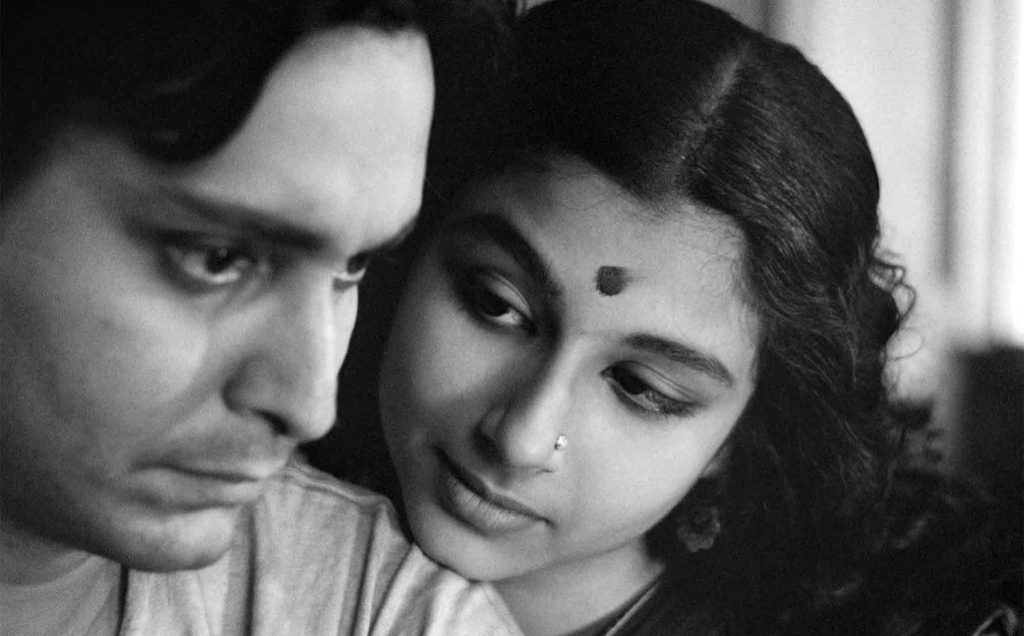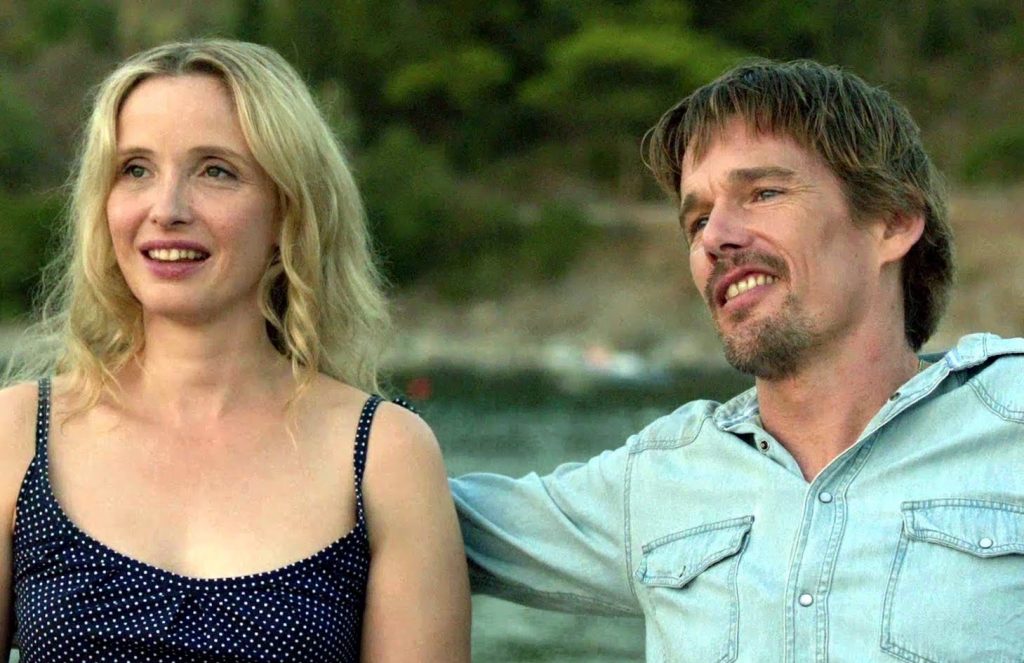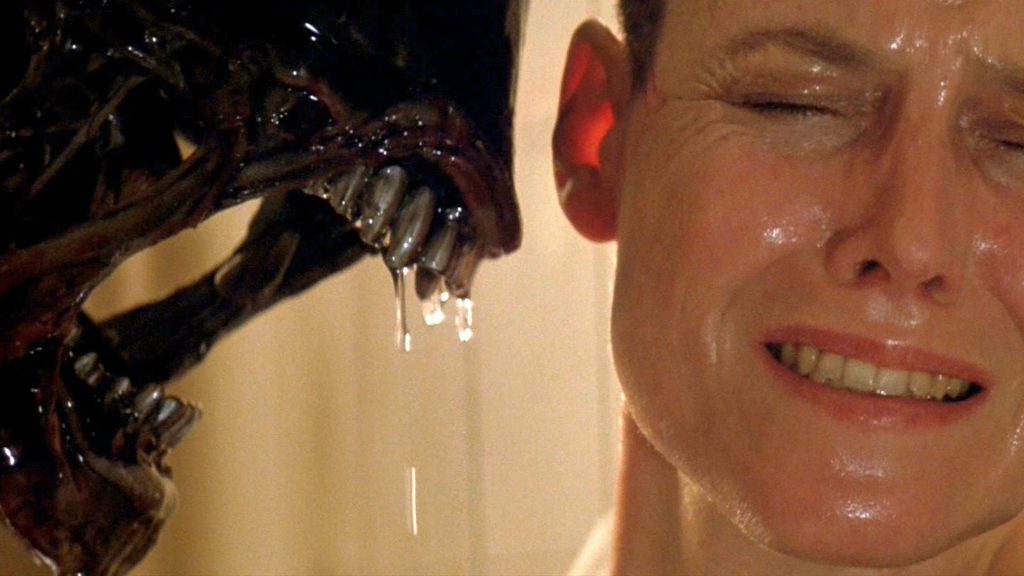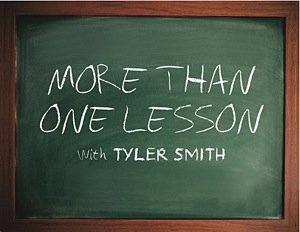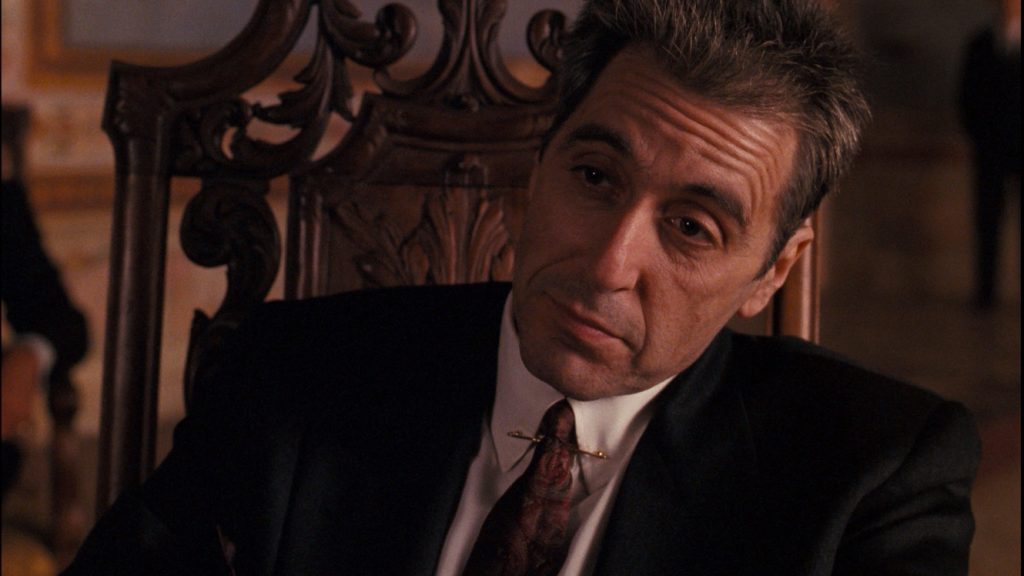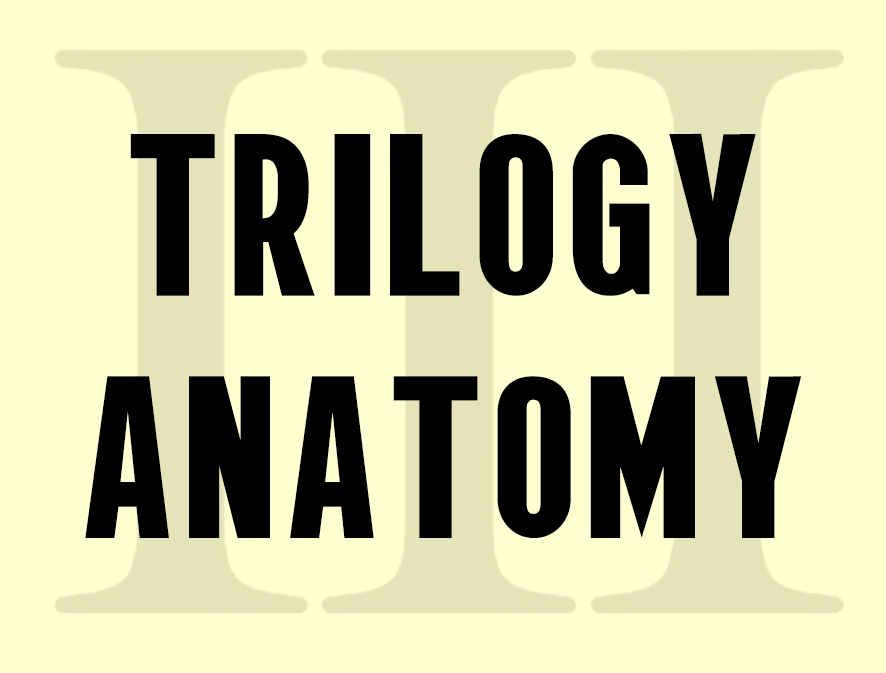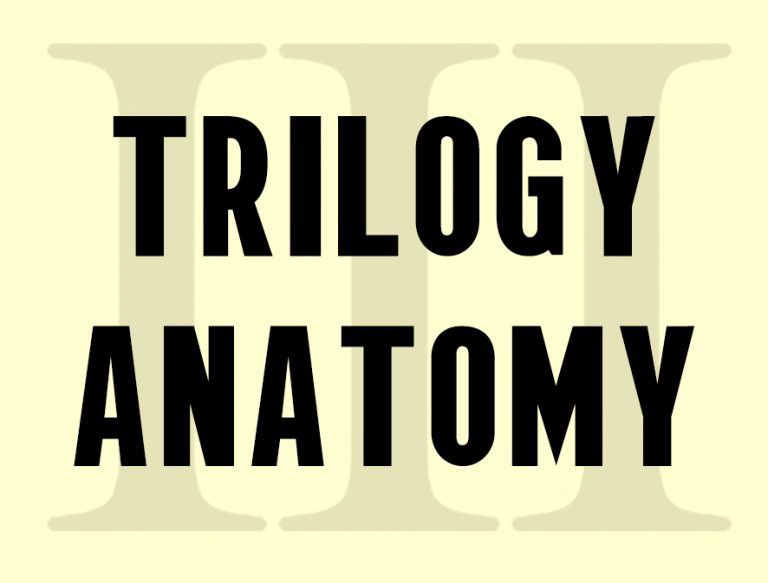
Upon being asked after the release of the Dark Knight if he had a third installment planned, Christopher Nolan replied with asking ironically how many good third movies there were. Of course, Nolan eventually did complete his trilogy, whether it being against his better judgment or not depending on who one talks to. Throughout movie history, the essential functions of the third film in a series have either been as a fitting and satisfactory end to a particular storyline (Lord of the Rings: Return of the King), a disappointing but nevertheless conclusive entry (Godfather III), or a debacle so big as to necessitate a reset to the franchise (Superman III/Spiderman 3, etc., etc.). In anticipation of another highly-anticipated third film, War for the Planet of the Apes, this weekly series will cover famous third films, infamous third films and otherwise, exploring how trilogy-enders or other types of third films have functioned in relation to its series.
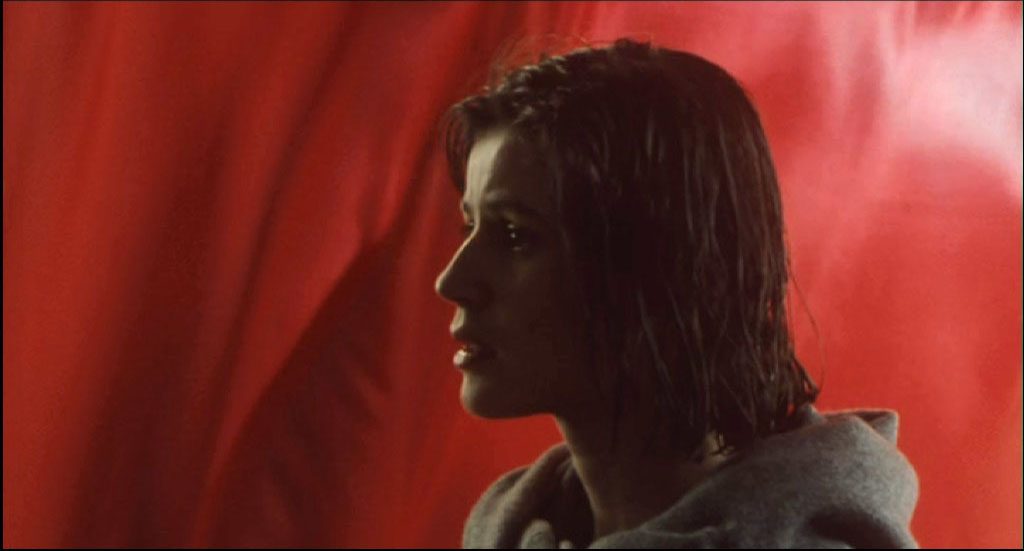
Trilogies can take on an overwhelming number of meanings, and though the origins of Krzysztof Kieślowski’s Three Colours trilogy are rooted in a definite method, what one can get out of the three films proves endless, and could fill many tomes. Based on the colors of the French flag, and supposedly based on the ideals the three represent, this trilogy goes to Poland, France, and beyond, charting the lives of artists and dreamers, lovers and shrewd business men, models and judges, and how these lives always, against all odds, simultaneously intersect and conflict. Each film’s story is different, with the central characters never repeating from the previous, despite there being surprise overlapping via cameos in each. While much could certainly be said about the politics at work, I found that less relevant (perhaps speaking to my being a foreign viewer) than the more universal aspects that run across the three. And in that way at least, the trilogy is a success.
[…]
